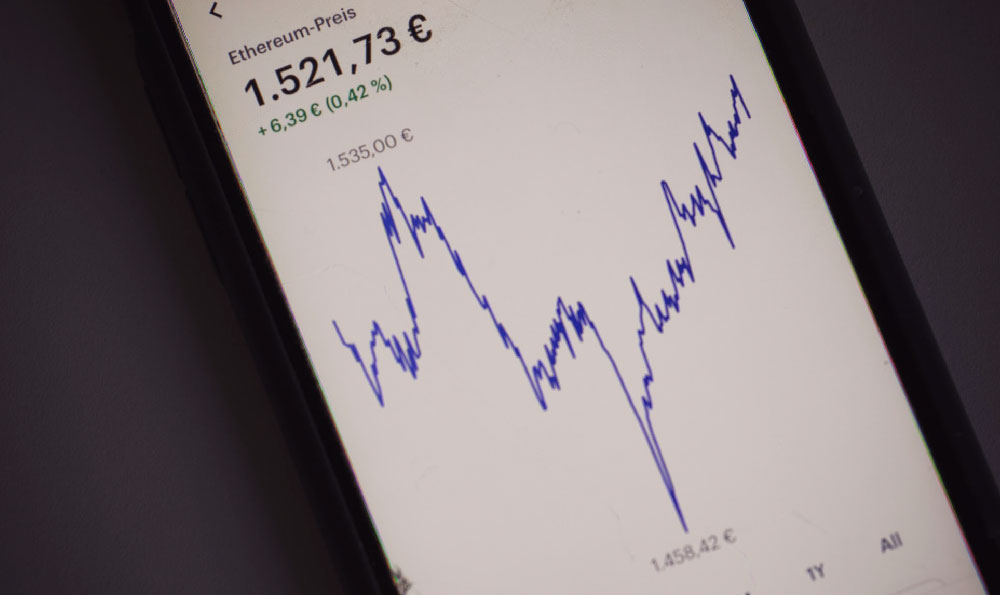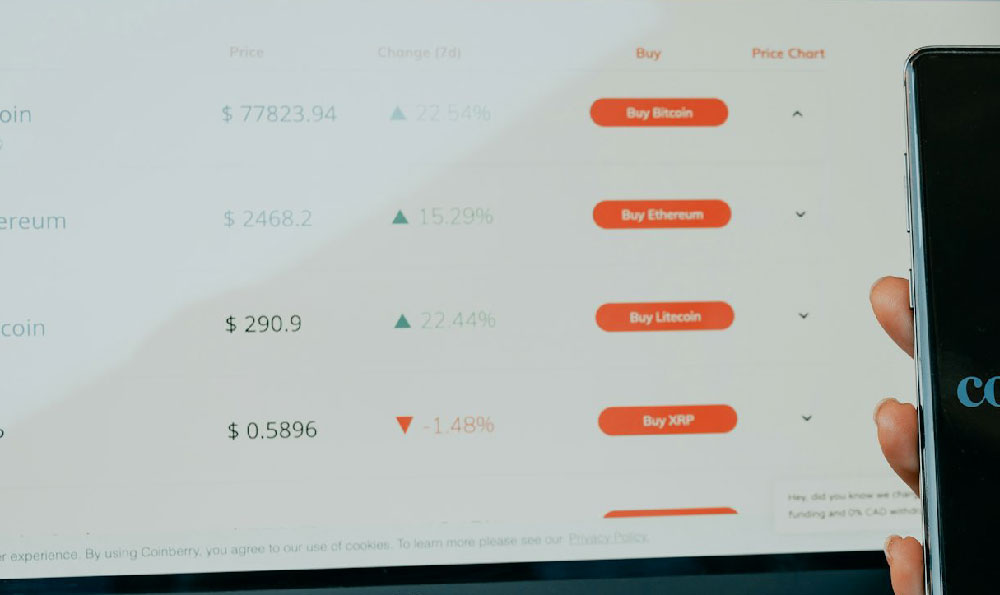Okay, here's an article exploring the investment potential in Skyrim's merchants, written with the specified constraints and aiming for a rich, informative, and engaging style.
Investing in the economy of Skyrim, even a digital one, demands careful consideration. The frozen north offers many avenues for a shrewd Dragonborn looking to amass wealth, from delving into ancient ruins to mastering the arcane arts of enchanting. However, a less-explored but intriguing prospect lies in bolstering the local merchant class. Is funneling your hard-earned septims into Skyrim's shopkeepers a pathway to prosperity, or is it simply pouring gold into a bottomless pit?
The immediate allure of investing in merchants is intuitive. Skyrim's economy, while rudimentary, is built on trade. Merchants are the linchpins of this system, facilitating the exchange of goods between holds and providing essential supplies to adventurers like yourself. A well-stocked merchant can offer a reliable source of rare ingredients, powerful weapons, and vital armor, making them invaluable allies. The ability to sell your loot at a higher price is also a significant advantage, cutting down on the tedious trek between multiple vendors to maximize profits.

Several factors govern the viability of this investment strategy. Unlike real-world economies with complex market forces, Skyrim's economy operates on somewhat simpler principles. A merchant's inventory and buying power are directly linked to their available gold. This creates a cyclical relationship. By injecting capital, you theoretically enable them to purchase more goods from you and other adventurers, stimulating their business and increasing their own wealth. This enhanced buying power allows them to acquire better wares, which, in turn, attract more customers and generate further profit.
However, the benefits are not always guaranteed and understanding limitations is key. The game mechanics impose caps on merchant gold reserves and available items. Simply dumping vast sums of septims into a vendor doesn't necessarily translate to exponentially increased returns. The system has boundaries. Even if you invest heavily, they may still only stock a finite number of high-value items or reach a point where their gold pool plateaus.
Moreover, the impact of your investment is limited by the overall demand within the game world. A merchant in a bustling city like Whiterun is likely to see a faster return than one in a remote village with a smaller customer base. The location of the merchant and the types of goods they offer are crucial determinants of their success. A blacksmith in a war-torn region, for example, is more likely to thrive than a general goods merchant in a peaceful area.
Another element to consider is the potential for indirect benefits. Even if the financial returns are not astronomical, improved merchant relationships can unlock other advantages. Completing quests for merchants often yields discounts, unique items, or access to exclusive services. A friendly relationship can also provide valuable information about local rumors, hidden locations, or lucrative opportunities. These non-monetary rewards can contribute significantly to your overall adventuring experience.
To maximize the potential of investing in Skyrim's merchants, a strategic approach is necessary. Begin by identifying merchants with growth potential. Look for those in strategic locations, offering desirable goods, and willing to engage in mutually beneficial transactions. Before investing a significant sum, test the waters with smaller amounts to gauge their responsiveness. Observe how their inventory and gold reserves change over time.
Focus on merchants who sell items that are in high demand, especially those that you personally use frequently. For example, investing in a potion vendor near a challenging dungeon can provide you with a convenient and reliable source of healing and buffing supplies. Similarly, investing in a blacksmith who crafts high-quality armor can ensure you always have access to the best protection.
Another strategy is to identify merchants who lack capital but possess valuable skills. A talented enchanter with limited resources, for example, could benefit greatly from an injection of funds to purchase more soul gems and enchanting supplies. By providing them with the means to expand their business, you can create a mutually beneficial partnership.
The moral implications of investing, even in a virtual world, should also be noted. Some might argue that manipulating the market, even in a game, is an unethical practice. Others may view it as a legitimate strategy for personal enrichment. The choice is ultimately yours, but it's important to consider the potential consequences of your actions, both within the game world and in terms of your own ethical compass.
Ultimately, investing in Skyrim merchants is not a foolproof path to riches. It requires careful planning, strategic thinking, and a healthy dose of patience. However, with the right approach, it can be a worthwhile endeavor, providing both financial and non-financial benefits. While it may not be the most glamorous or exciting way to make money in Skyrim, it can be a solid and reliable source of income, helping you to amass wealth and build a thriving empire in the frozen north. So, weigh the risks, assess the opportunities, and decide if bolstering Skyrim's economy aligns with your ambitions and play style. It may not turn you into a king, but it certainly can help you become a very wealthy Dragonborn. The decision, as always, rests with you.












